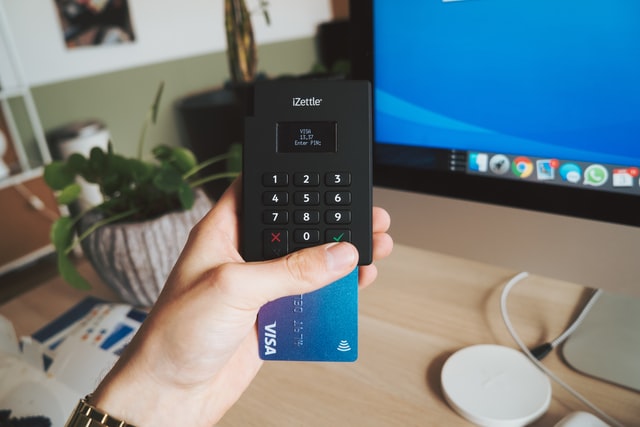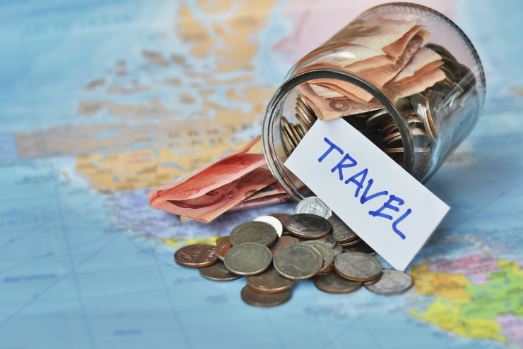It’s a golden rule that some win where some lose. Chargeback is a winning feature for customers, as they can address their banks for returning their payments, without disputes with merchants. But if you are a decent merchant who has sent the purchase to the customer and then you’re charged back for that transaction, you’re the losing side.
Is there any protection method against chargeback abuse? Yes, it’s a VISA Merchant Purchase Inquiry, which lets you prove you have been acting fair, so you are not to be charged back after this purchase. You achieve that by sharing transaction data to the card issuer and the bank that provided the transaction. VISA has a database (VROL) large and detailed enough to check the details you share and tell if there’s been something suspicious about it.

Is VMPI Safe?
If you are worried whether your data can leak out and be used by some higher rank con artists, this is virtually impossible. The system is powered by VISA, one of the best protected data handlers ever. And if one day VISA is seriously hacked, chargebacks will be the least of our problems. So you can trust it with your transaction data as long as it works to justify your actions as a merchant. The same can be said about banks that receive the information you share.
On the other hand, the chargeback system was developed to protect the customers from unfair merchants, but soon it became the mechanism for friendly fraud. In theory, we can imagine how some crooks exploit VMPI for their tricks. But so far it’s not as dangerous (even in theory) as the chargeback-generated losses.
What Information Does VMPI Share?
With VMPI, the card issuer gets information that helps to decide whether to initiate the reverse transaction. The information that can be helpful includes:
- Transaction amount
- Date and time
- Shipping confirmation
- Cancellation number
- Product name
- Details of devices used
It makes sense, because, according to Chargeback Gurus, “Merchants who participated in the VMPI program were able to prevent up to 60% of visa disputes.”So it does save your money.
What Else Can You Do?
The concept of VMPI is purely about providing information. There are extra services that help merchants enhance the protection. Covery, for example, shares a different sort of data, that of potential customers to merchants and card issuers. Provided with some files on the customer, the issuer can decide whether to apply chargeback and whether chances are it’s a friendly fraud.
You should also have the terms and conditions of your service or store written as clearly as possible, with less twisted expressions, so it’s hard to misunderstand them. This means you should stick to them as thoroughly as you want your customers to.
Finally, you should make sure all your shipments are done in time. When it comes to digital goods, they should be well downloadable and function as required (unless you, say, offer games in the Early Access phase, but that’s a different story).
Know Now or Cry Later
Awareness is the key in the data world. So, you better bookmark this if you consider starting your business or protecting an existing one. If there is something you’d like to add or inquire, feel free to comment. To bring it to your friends, share it on Facebook or Twitter in just one click.



